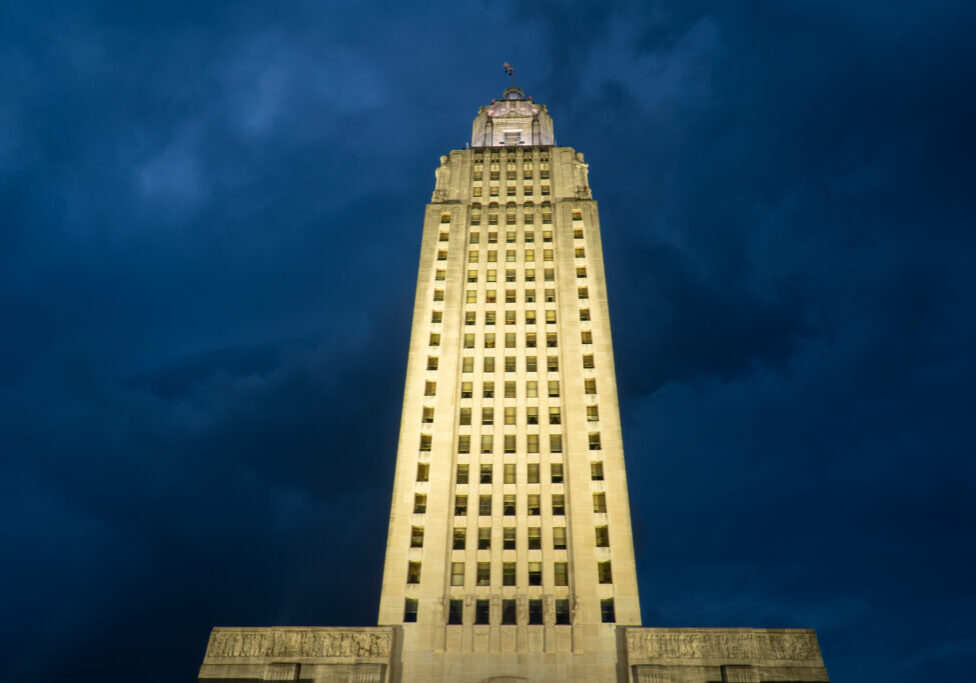Louisiana’s economy works best when all citizens have access to great schools, affordable, high-quality health care, strong infrastructure, and a safety net for when families fall on hard times. A package of bills working its way through the state Legislature would pull Louisiana farther away from these goals, and instead leave the governor and legislators with massive budget gaps to fill in the near future.
The bills are part of a larger plan to resurrect one of the constitutional amendments that state voters rejected by a 2-to-1 margin on March 29. If approved by voters, the bills would cut sales and income taxes, and eliminate a state savings account that is supposed to pay for roads, bridges and other transportation projects.
Revenue losses from the tax cuts would force legislators to make difficult choices between cutting deeply into programs that support a strong economy, such as early childhood education, workforce training and Medicaid – or making up the difference by raising other taxes.
The last time Louisiana faced such massive budget gaps, the Legislature responded by making deep cuts to higher education, raising tuition costs for students and their families, and selling off state assets to keep the budget balanced.
The good news is, there is still time for lawmakers to apply the brakes to their fiscal recklessness, and ensure that Louisiana has the revenue it needs to fund vital public services.
| Bill | What it does | Fiscal impact |
|---|---|---|
| HB 667 | Cuts personal income tax from 3% to 2.75% starting in 2027, and raises the standard deduction for people over 65. | ($319.5 million) |
| HB 578 | Cuts the state sales tax from 5% to 4.75% starting in 2027, and reinstates sales-tax exemptions that were eliminated last year | ($265.6 million) |
| HB 678 | Eliminates the Revenue Stabilization Fund, which provides funding for transportation projects, and deposits some of the balance in the Budget Stabilization Fund. This bill has to pass and be approved by voters for the tax cuts in HB578 and HB667 to take effect. | $107 million |
| Net impact | ($478 million) |
A fiscal cliff
Even without new tax cuts, state economists are projecting a growing gap between what it costs to fund the government services we currently have, and the tax dollars available to pay for them. While the state is required to maintain a balanced budget, the Legislature’s own economists are expecting a $667 million gap between revenues and expenses by 2028.
These tax cuts would nearly double the projected shortfall to more than $1.1 billion in 2027-28.
Taken together, the proposed tax cuts would make the budget gaps even wider, leaving legislators with the choice between cutting state services and programs, or raising other taxes. It could be especially damaging for programs such as higher education and early childhood education, which have little or no protection in the state budget.
This tax cut plan comes at a dangerous time for Louisiana’s economy, as Congress is considering a budget plan that would cut federal support for Medicaid, food assistance, disaster recovery and other programs that support our citizens.
They also come less than six months after lawmakers met for a special session where they cut taxes on large, profitable corporations, lowered the state income tax and raised the state sales tax to make up some of the revenue loss. Those tax cuts only took effect in January, and it is too early to know how they will affect the state’s economy and tax base. Piling more tax cuts on top of those tax cuts would create even more uncertainty to the budget.
